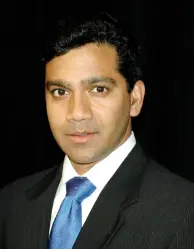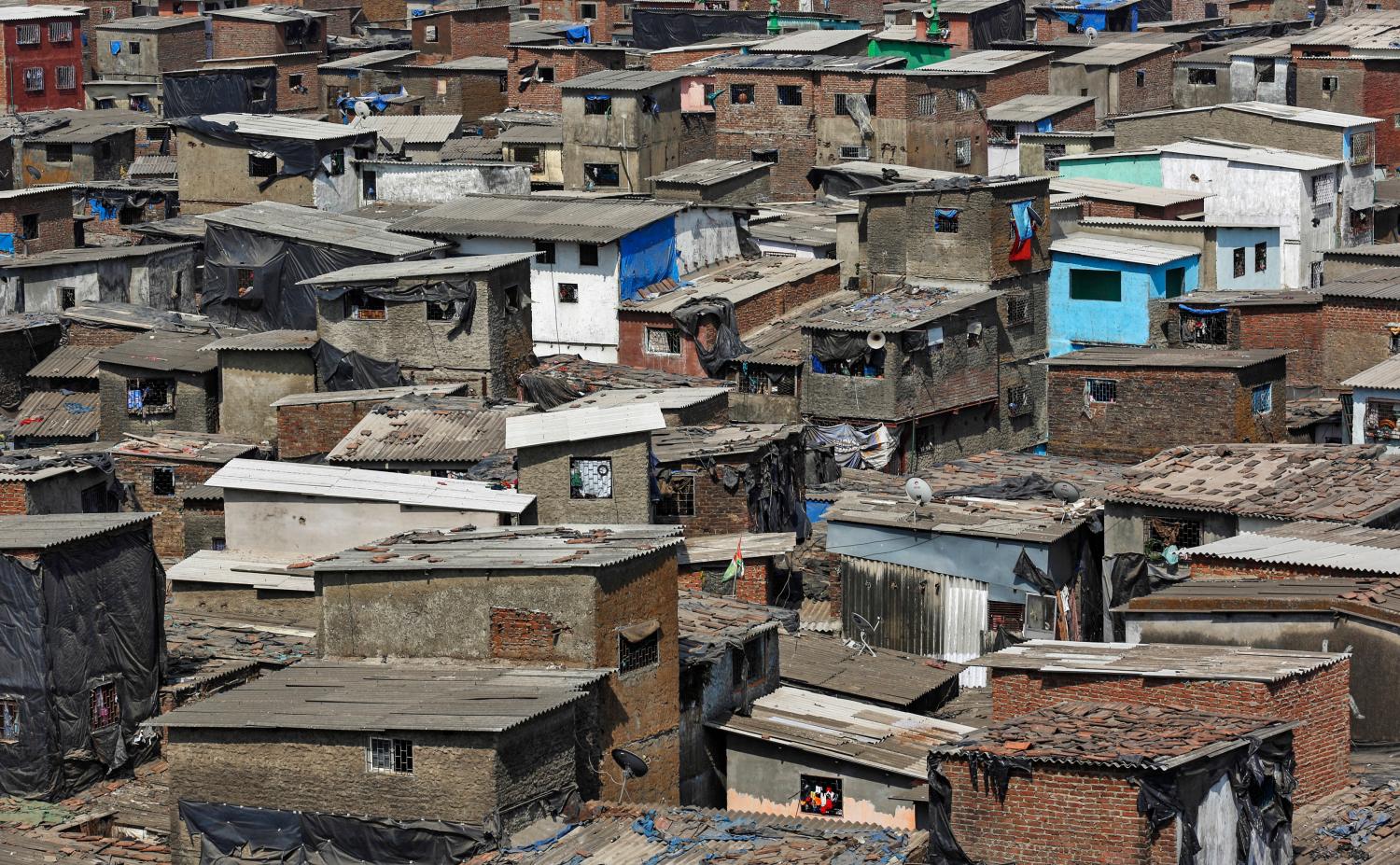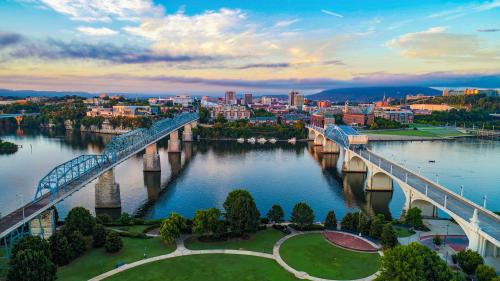Abstract
The implications of urban development for overall economic prosperity are well known. Employment, housing, policing, infrastructure and social policies in cities have been shaped and institutionalized through a complex set of interactions between various urban interests, public officials, and institutions. In advanced industrial countries, for example, the rise of influential coalitions with the urban working class at the center was responsible for the proliferation of social protection in the 19th and 20th centuries. Consequently, a great deal is known about the dynamics of urban political mobilization and behavior in richer countries, and of participation among the urban poor. In the cities of the developing world, however, there is far less information available regarding these issues. I survey some theoretical foundations for understanding the political-economy of urban poverty before examining several pathologies of political life for the urban poor in the developing world. I focus on some aspects of the city-dweller’s political agency—or the lack thereof—that limit the ability of the urban poor to engage in collective action, to participate in decision-making, to form effective organizations, and to resist predatory behavior by officialdom. I then examine some areas where further research is needed, including the political-economic bases for mobilization, the prospects for pro-poor urban social policy, conditions determining the effectiveness of delegation, and of membership organizations for the urban poor.
The Brookings Institution is committed to quality, independence, and impact.
We are supported by a diverse array of funders. In line with our values and policies, each Brookings publication represents the sole views of its author(s).



